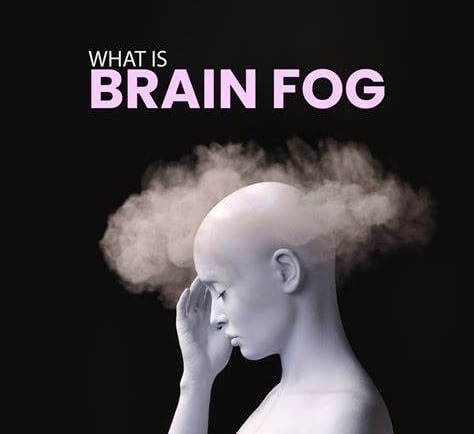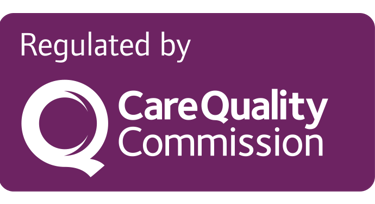Brain Fog during Perimenopause and Menopause - What causes it?
Vikki Ellison
4/21/2025


Brain fog during perimenopause and menopause is super common, and it’s mostly driven by hormonal changes, especially the fluctuating and eventually declining levels of oestrogen and progesterone. Here's a breakdown of what’s going on under the hood:
🧠 1. Oestrogen’s Role in Brain Function
Oestrogen isn’t just for reproductive health — it also plays a big role in:
Cognitive function (especially memory and focus)
Neurotransmitter regulation (like serotonin, dopamine, and acetylcholine)
Blood flow to the brain
So, when oestrogen levels drop or fluctuate wildly, it can mess with your:
Memory (hello, “Where are my keys?” moments)
Concentration
Verbal recall (like forgetting a word mid-sentence)
😴 2. Sleep Disruption
Hot flashes, night sweats, and anxiety can all mess up your sleep.
Poor sleep = poor cognitive function = more brain fog.
🧬 3. Stress & Cortisol
Midlife often brings more stress (career, kids, aging parents).
Chronic stress increases cortisol, which interferes with memory and focus.
Plus, the hormonal changes make your brain more sensitive to stress.
🩸 4. Blood Sugar and Metabolic Changes
Hormonal shifts can impact insulin sensitivity.
Blood sugar highs and lows affect energy levels and focus.
🧠 5. Neurotransmitter Imbalance
Oestrogen affects serotonin and dopamine levels.
Less oestrogen = potential dips in mood, motivation, and mental clarity.
🧂 Bonus: Nutrient Absorption Changes
As you age, your body might not absorb certain nutrients (like B12, magnesium, or omega-3s) as well — all of which are important for brain health.
Treatment:
🌿 Lifestyle & Natural Approaches
These are often the first line of defence.
1. Sleep
Poor sleep is a big contributor. Aim for 7–9 hours and stick to a consistent sleep schedule. If insomnia is an issue (common during menopause), you might try:
Magnesium glycinate before bed
Sleep hygiene strategies
Cognitive Behavioural Therapy for Insomnia (CBT-I)
2. Exercise
Regular aerobic + resistance training helps clear brain fog and boosts mood:
Aim for 30 mins, 4–5 days a week
Yoga and walking also help reduce stress
3. Nutrition
Focus on omega-3s (e.g. fish, flax)
Eat more leafy greens, berries, and whole grains
Reduce sugar and processed food
Stay hydrated
4. Supplements (talk to a doctor first)
Omega-3 fatty acids: Brain health
Magnesium: Supports sleep and stress reduction
B Vitamins (esp. B6, B12, folate): Vital for cognitive function
Vitamin D: Often low in midlife and affects mood/cognition
Lion’s Mane mushroom or Rhodiola: Brain-boosting adaptogens (evidence is still emerging)
🧠 Mindfulness & Cognitive Strategies
Mindfulness meditation improves memory and reduces stress
Journaling or using memory tools like notes, lists, and reminders helps structure thinking
Try brain-training apps like Lumosity or Elevate
🩺 Medical Options
1. Hormone Replacement Therapy (HRT)
Oestrogen can help with brain fog for some women (especially if started early in menopause transition)
Progesterone or combined HRT may also improve sleep and mood
It’s not for everyone, so weigh pros/cons with a menopause specialist
2. Non-Hormonal Medications
Sometimes SSRIs or SNRIs (often prescribed for hot flashes or mood) can also improve mental clarity.
Contact:
website: calmmenopause.co.uk
Telephone: 07511039004
© 2024. All rights reserved.
email: vikki@calmmenopause.co.uk


